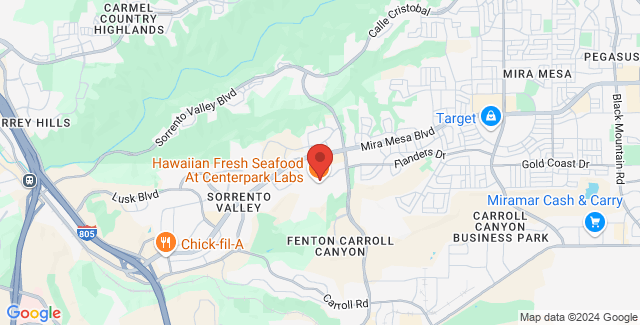U.S. Bancorp Piper Jaffray
U.S. Bancorp Piper Jaffray was one of ten firms that settled in April of 2003 with the Securities Exchange Commission and other federal regulators. The landmark settlement, however, was not the first regulatory action taken against Piper Jaffray. It was preceded by a number of other fines for violations on the part of the firm.
Piper Jaffray Fraud
ThermaSense
In August of 2000 Piper Jaffray proffered positive research to ThermaSense, a medical firm it was interested in providing investment banking services to. Piper Jaffray won the business of the firm, and $3.8 million in investment banking fees. Such exchanges of positive research for investment banking business constitute "conflict of interest" by fair dealing standards.
O'Neill
According to a January 2002 lawsuit that was filed in Montana, between 1997 and 2001 Thomas O'Neill, a former stockbroker for Piper Jaffray, performed over 5,000 unauthorized trades that cost 38 of Piper Jaffray's customers a total of $2 million. The accounts O'Neill targeted were held predominantly by elderly citizens (the State Auditor's office determined that the average age of the 38 clients was 62). The heavy trading, performed without the knowledge or consent of the clients, generated commission for O'Neill and banking fees for Piper Jaffray. The firm did not intervene despite warning signs that O'Neill's trades were illegitimate. The lawsuit may cost Piper Jaffray up to $32 million - $30 million in fines and $2 million in client restitution. A hearing will take place in September of 2003.
Antigenics
Piper Jaffray was fined by the NASD in June of 2002 for attempting to use its analyst research as leverage to gain a stock underwriting position. Scott Beardsley, a Managing Director of Piper Jaffray warned Antigenics Inc. on December 27, 2001, that Piper Jaffray would withhold its research on the company unless it was permitted to underwrite its secondary stock offerings. Piper Jaffray carried $250,000 of the fine and Scott Beardsley was charged $50,000.
Global Settlement and SEC Complaint
On April 28, 2003, Piper Jaffray was one of ten firms that settled with the SEC, NASD, NYSE, NASAA, and the New York Attorney General. In the press release issued by the SEC regarding the massive settlement, Piper Jaffray was specifically mentioned for having distributed "research reports that were not based on principles of fair dealing and good faith," accepting "payments for research without disclosing such payments" (regulators have assessed the amount earned at approximately $1.8 million), and making "undisclosed payments for research" (approximately $430,000). Piper Jaffray agreed to pay a $32.5 million fine to settle these securities fraud charges. The breakdown of the settlement required $12.5 million to be paid as a penalty, $12.5 million to be paid into a restitution "distribution fund" for Piper Jaffray's customers, and $7.5 million to be put toward funding "independent research."
A securities fraud lawsuit by the SEC was filed against Piper Jaffray on the same day in New York. Piper Jaffray agreed to settle the lawsuit, though it did not admit guilt.
Among the charges the SEC brought against Piper Jaffray were the following:
- Between 1999 and 2001, research analysts were unduly influenced by investment banking. The bankers played a role in evaluating the performance of research analysts, and analyst compensation was linked to investment banking business.
- The research Piper Jaffray published on Esperion Theraputics and Triton Network Systems was unreliable because it "lacked a reasonable basis and/or was imbalanced."
- The firm failed to acknowledge the role that research played in a portion of the $1.8 million it received in underwriting fees for a number of IPOs and public offerings between June 1999 and 2001. Further, Piper Jaffray did not make a point of disclosing what it paid to other investment firms for the publication of research on the companies it worked with.
- The firm did not hold its investment bankers and research analysts up to the standards explicated by the NYSE, NASD, and federal government.




